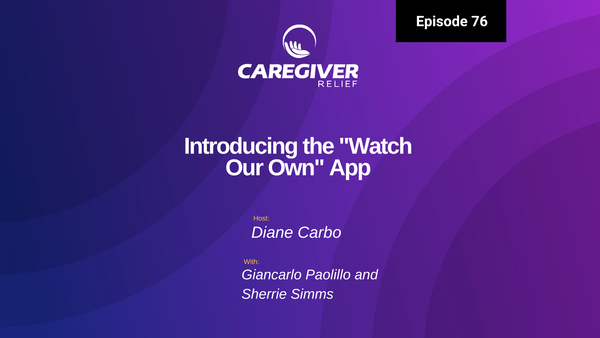Ketamine Infusion: A Promising Breakthrough in Treatment-Resistant Depression

Living with depression can feel like an endless battle, with traditional antidepressants often offering limited relief. However, hope has emerged in the form of ketamine research, which holds the potential for actual recovery in individuals with treatment-resistant depression. In this article, we will explore the groundbreaking progress of ketamine therapy and its transformative effects on those suffering from major depressive disorder and other mood disorders.

The Limitations of Traditional Antidepressants:
Traditional antidepressants, such as selective serotonin reuptake inhibitors (SSRIs), often fall short in providing satisfactory relief for individuals with treatment-resistant depression. For many, it takes months before any positive response is observed, leaving a significant portion of patients without immediate help.
Ketamine's Journey and Promising Research:
Ketamine has a long history, originally developed as an anesthetic and used to save lives on the battlefield. Researchers have been exploring its potential in treating depression and other mood disorders for over 60 years. While progress is still ongoing, studies have shown that approximately 30% of patients do not respond positively to traditional antidepressants, highlighting the need for alternative treatment options.
Ketamine's Unique Mechanism of Action:
Ketamine works by targeting glutamate receptors in the brain, leading to improvements in mood and symptom relief. Specifically, NMDA receptors, a type of glutamate receptor, have been identified as targets for ketamine treatment. Activation of these receptors is believed to play a crucial role in the antidepressant effects of ketamine infusions.
The Transformative Power of Ketamine Infusion:
Ketamine therapy, administered either through infusion or nasal spray, has received FDA approval for the treatment of depression and other mood disorders. Patients who have undergone ketamine infusions have reported significant improvements in suicidal thoughts and a reduction in depressive symptoms. The ability to adjust dosage during the treatment provides a personalized approach for maximum relief.
The Advantages and Side Effects:
Ketamine infusions offer advantages over traditional treatments. While mild sedation, dizziness, and nausea may occur, the most notable side effect is dissociation, a feeling of being disconnected from one's thoughts and environment. However, these effects are temporary and typically subside within a few hours. It is essential to rest and allow the body time to recover after a ketamine treatment session.
Ketamine as an Alternative to Electroconvulsive Therapy (ECT):
Compared to electroconvulsive therapy, ketamine therapy presents a more attractive option for individuals with treatment-resistant depression due to its non-invasiveness, quicker response time, and potential for long-term relief. Ketamine treatments do not require anesthesia or sedation, making them a less risky choice for patients.
The Importance of Talk Therapy with Ketamine:
Combining talk therapy with ketamine infusions can enhance the treatment's effectiveness. Talk therapy provides a safe and non-judgmental space for individuals to process their thoughts and emotions, gain insight into their mental health disorder, and develop coping skills. It complements the transformative effects of ketamine and aids in the journey towards recovery.
Finding the Right Ketamine Provider:
Choosing a knowledgeable and experienced ketamine provider is crucial. They should have a deep understanding of ketamine therapy, its potential side effects, and the benefits of incorporating talk therapy. Additionally, a provider who offers individualized care in a comfortable environment ensures that each patient feels safe and supported throughout their treatment.
The Journey Towards Mental Health Recovery:
Ketamine infusions provide individuals with the opportunity to reset their brains, restore normal functioning, and overcome treatment-resistant depression. With proper care and consistency, ketamine therapy offers long-term relief, empowering individuals to reclaim their lives and regain their emotional well-being.
Conclusion:
Ketamine infusion therapy has emerged as a breakthrough in the treatment of treatment-resistant depression and other mood disorders. Its unique mechanism of action, combined with the transformative effects of talk therapy, offers new hope for individuals seeking relief. With the guidance of experienced ketamine providers, patients can embark on a journey towards mental health recovery, resetting their brains and rebuilding their lives.




